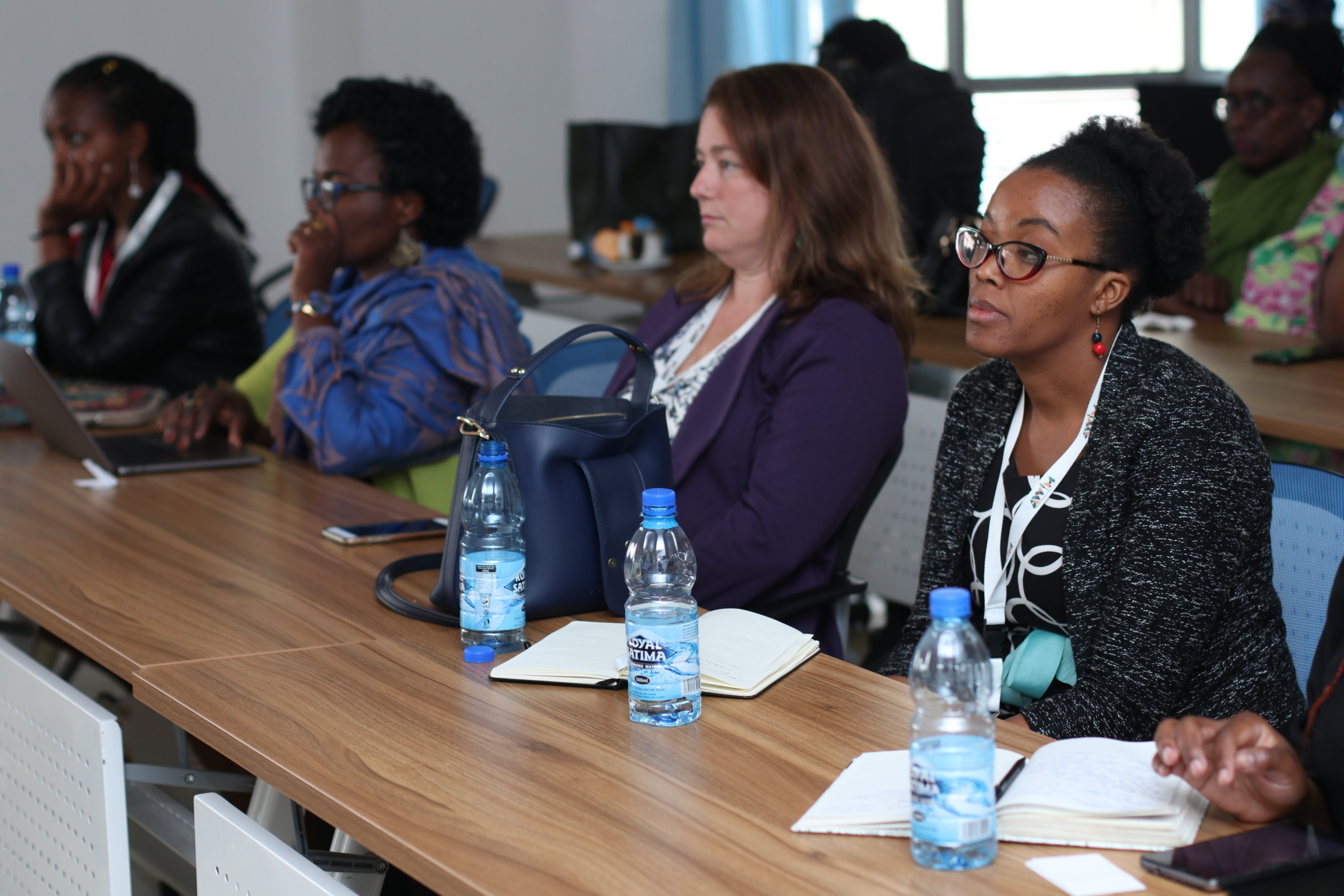Groundbreaking Workshop on AI and Technology-Facilitated Gender-Based Violence at AWiM24
Trending
Saturday May 31, 2025
Trending

Sexual harassment continues to rear its ugly head in the workplace, thereby becoming an issue of global concern. The International Labour Organisation (ILO) defines it as “a sex-based behaviour that is unwelcome and offensive to its recipient.” The Australian Human Rights Commission defines it as “an unwelcome sexual advance, unwelcome request for sexual favours or other unwelcome conduct of a sexual nature which makes a person feel offended, humiliated and/or intimidated, where a reasonable person would anticipate that reaction in the circumstances.”
The workplace predisposes workers to sexual harassments due to the nature of the environment and the fact that people spend most of their time at work. There are times when innuendos are thrown at someone, and often times, one might not tell that they have been sexually harassed, to the extent that the practice can be normalised. So, what constitutes sexual harassment in the workplace?
Media Women are therefore requested to take part in a research initiative on sexual harassment.
About the study:
WAN-IFRA Women in News and City, University of London are conducting a major research study into sexual harassment in the media workplace in select countries in sub-Saharan Africa, the Arab Region and Southeast Asia. This study builds on research done in 2018 which identified a gap in available data on sexual harassment in media specifically in these regions.
Objectives
– To better understand and raise awareness about the extent of the problem of sexual harassment in the media industry in Sub-Saharan Africa, the Arab Region and Southeast Asia.
– To contribute to global data on sexual harassment in the media industry, by filling these regional data gaps.
– To enable informed, evidence-based responses to sexual harassment in the media industry.
WAN-IFRA Women in News has been working to increase gender equality and tackle sexual harassment within the media industry in Sub-Saharan Africa and the Arab Region for over ten years. City University of London has an extensive background in research on gender related issues within the media industry. In 2019, they carried out research on sexism and sexual harassment in the media in Kenya, South Africa and Nigeria. This is a collaboration between both institutions, combining their expertise on the issue and work in the region.
Please help by completing this anonymous survey and sharing it as widely as possible within your networks in your country and beyond: https://cityunilondon.eu.qualtrics.com/jfe/form/SV_4VLo2Xek9Mgozwp
The survey will take about 15 minutes to complete. The survey does not identify either the individual or the organisation. It is for ALL media professionals, irrespective of gender or hierarchy.
We’re not gonna spam. We’ll try at least.

Copyright 2020. African Women In Media
Copyright 2020. African Women In Media
Recent Comments